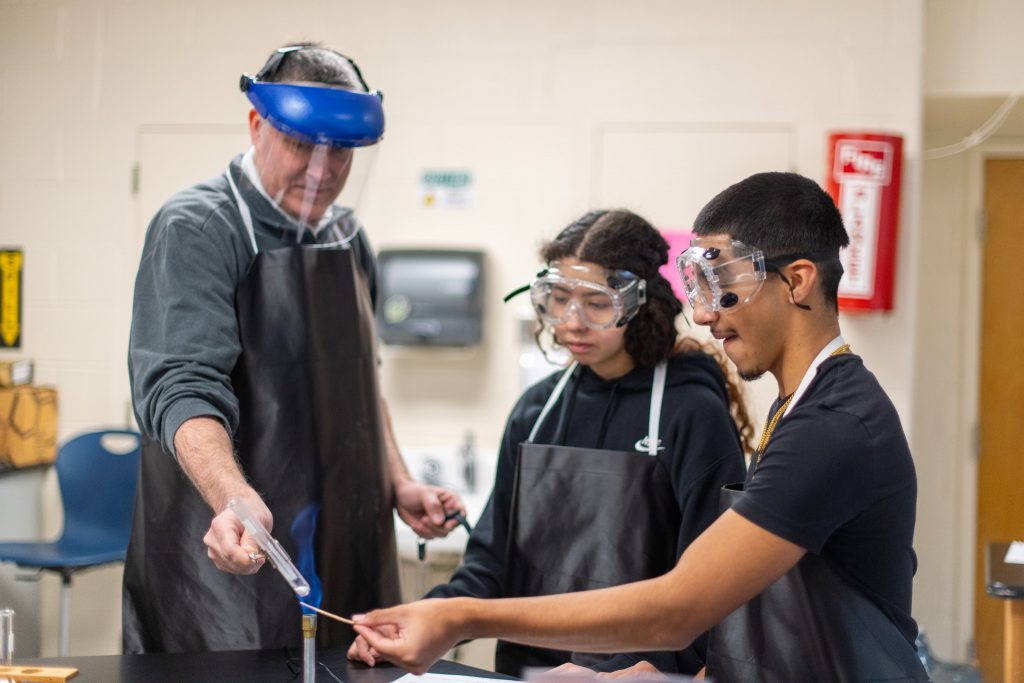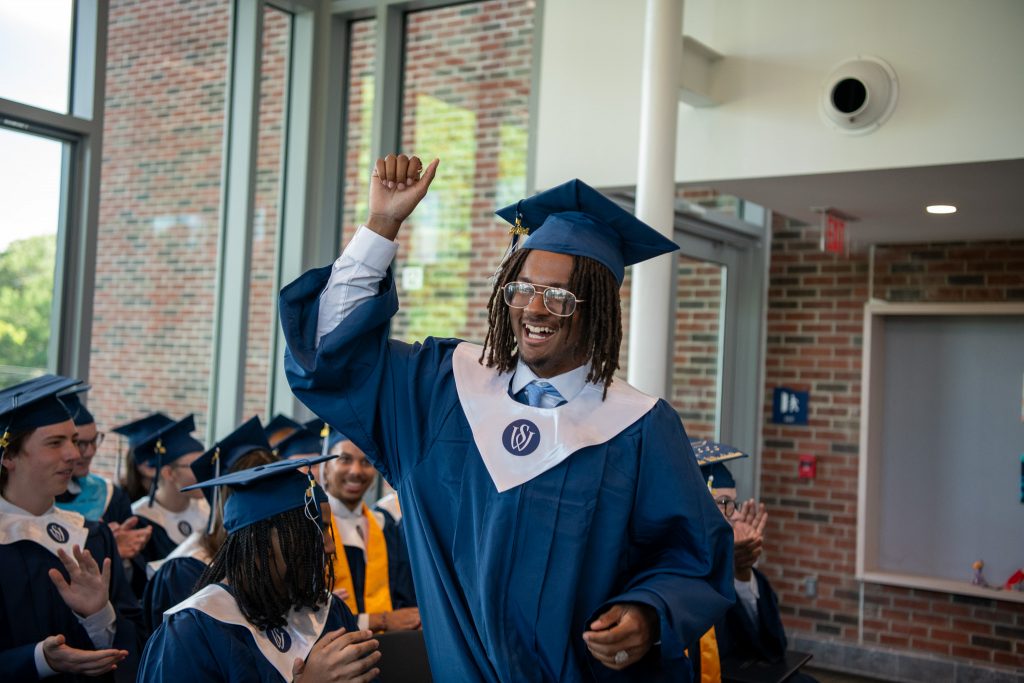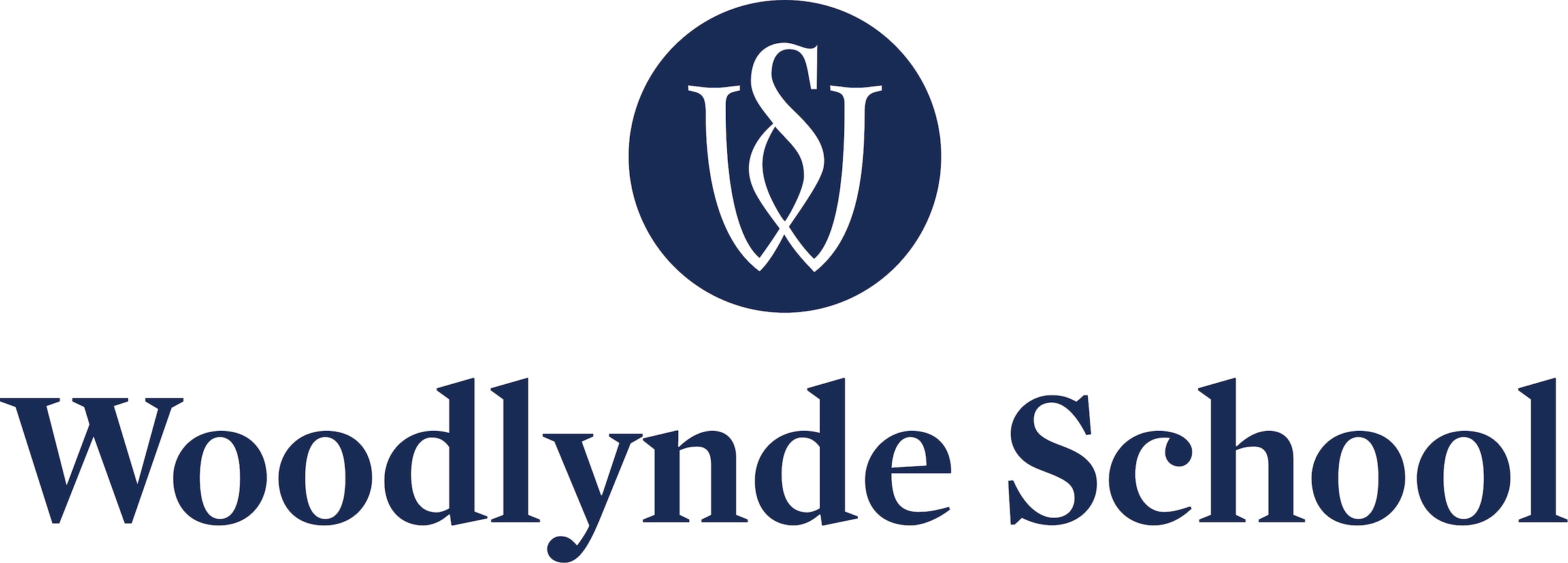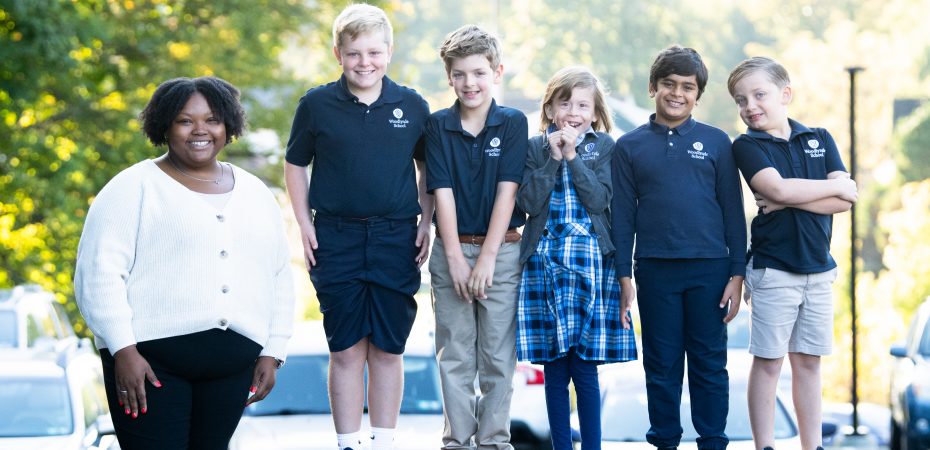In today’s educational landscape, where the importance of inclusive and personalized learning is increasingly recognized, Woodlynde School stands out as a leader in breaking the stigma surrounding learning differences. By implementing specific, targeted strategies, the school has created an environment where students with diverse learning profiles are not only supported, but celebrated. At Woodlynde, learning differences are seen as superpowers.
Located in Strafford, PA, Woodlynde is a K-12 college-prep school serving students with an array of diagnoses, including dyslexia, dysgraphia, ADHD, ASD Level 1, auditory processing and executive function disorders, and more. Woodlynde’s personalized programming benefits all students, regardless of diagnosis. Chief Education Officer MB Spencer emphasizes that while students improve academically, the most important growth is in their self-confidence. “Within the first few weeks, you can see kids feel less guarded about their learning profile, make friendships, and in turn, parents feel relieved,” Spencer explains.
Woodlynde’s commitment to supporting students is embodied in five key areas: expert learning specialists, integrated executive functioning skills, innovative metacognition classes, a “connections” class that fosters social-emotional growth, and a strong community of support.

Learning Specialists
One of the cornerstones at Woodlynde is the use of Learning Specialists, who guide the way through a student’s academic journey. “We like to say that our teachers are experts in pedagogy, learning differences, and their content area, while our learning specialists are experts in pedagogy, learning difference, and their group of students,” says Spencer. Woodlynde Learning Specialists work with students, families, and teachers to come up with individualized learning plans tailored to each student’s strengths and challenges.
Executive Functioning Instruction in Every Classroom
All schools expect students to have executive function (EF) skills, and some might provide limited guidance. Very few schools, however, are explicitly teaching these skills. Woodlynde does.
So how does a parent know if their child is struggling with executive function? It can look like a student who sits down to do work and just doesn’t know where to begin. Some students seem unable to predict how long a task will take, thinking that a simple assignment could take hours. Some may start a task, then have a hard time finishing, or they are too distractible to stick with it. Woodlynde’s EF in Every Classroom initiative teaches about all phases of executive functioning from task initiation to organization and inhibitory control. Woodlynde’s Learning Specialists and Social Emotional Learning team partner with teachers to develop a program of EF strategies and supports.
Metacognitive Learning: Building Awareness and Independence
Woodlynde’s curriculum for self-knowledge and introspective skill development, known as Metagognition, empowers students by learning about how they learn. Students in grades 6-12 take “Metacog,” a class designed for students to understand how they learn best, identify their strengths, and develop strategies to overcome challenges. By fostering this awareness, Woodlynde students are able to take control of their education and begin to self-advocate for their needs.
Connections Class: Fostering Social and Emotional Growth
Often, learning differences are not just found in the classroom, but in social situations as well. Another innovative approach is the Connections Class, which focuses on social and emotional learning (SEL). This class addresses the often overlooked and subtle social challenges that students may face, such as difficulties with peer relationships, understanding social cues, and navigating conflict. Woodlynde’s dedicated SEL team consists of a school psychologist, two school counselors, and a social-emotional learning specialist.

A Community of Advocacy and Support
Outside of the classroom, Woodlynde works to destigmatize differences through their Center for Literacy and Learning. If your student is struggling, and you don’t know where to begin, Woodlynde offers neuropsychological testing to children across the Delaware Valley and beyond through their in-house licensed psychologist, Dr. Jay Tarnoff, PhD, NCSP, ABPP. Woodlynde also offers a free speaker series, inviting educational experts to discuss the latest developments in supporting learning differences.
As Woodlynde prepares for its 50th anniversary, they continually prove that learning differences are not something to be hidden or fixed, but to be normalized, embraced, and celebrated.
To learn more about Woodlynde, visit woodlynde.org or reach out to Director of Enrollment, MK Boland at 610-293-6555.

 Courtesy of Woodlynde School
Courtesy of Woodlynde School